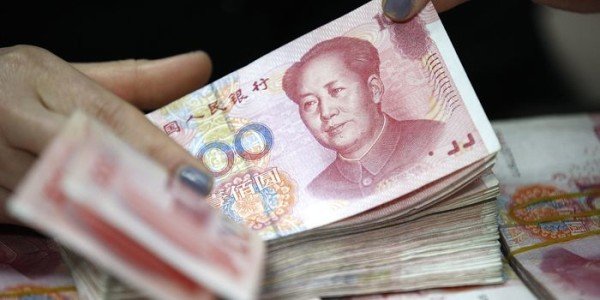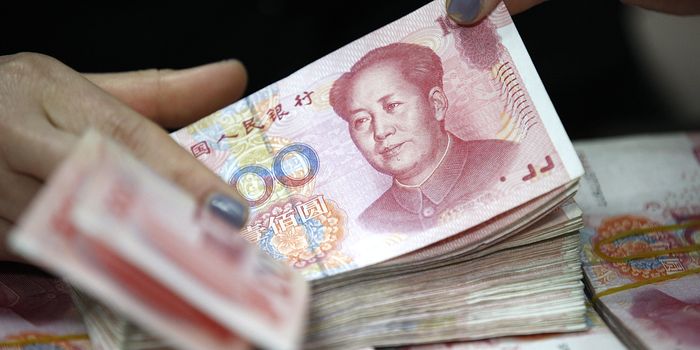Although the Chinese yuan’s devaluation shocked the international markets, a total move of more than 3% is not significant for most companies.
Further falls could start to change the fortunes of some businesses in and out of China.
China’s Central Bank has again cut the guiding rate for the national currency, the yuan, a day after August 11 record 1.9% devaluation.
The move sent fresh shockwaves through Asian markets, but the bank has sought to calm fears, saying it was not the start of a sustained depreciation.
The yuan fell another 1% on August 12, marking the biggest two-day lowering of its rate against the dollar in more than two decades.
Here are the potential winners and losers:
Winners
- Chinese exporters, in particular textile and car companies, could become more competitive.
- Foreign retailers will finds Chinese consumer goods cheaper, as will companies using Chinese services, products and components.
- Foreign tourists to China will get marginal benefits from a cheaper yuan.
Losers
- Chinese companies will have to pay more interest on debt in foreign currencies, in particular property companies and local government financing vehicles.
- Chinese air carriers are also exposed to foreign currency debt and big fuel bills that have to be paid in dollars.
- Exporters to China, particularly of luxury goods, will find it harder to sell as they become more expensive to Chinese consumers.
The International Monetary Fund (IMF) said the move to make the rate more market-based “appears a welcome step”.
“Greater exchange rate flexibility is important for China as it strives to give market-forces a decisive role in the economy and is rapidly integrating into global financial markets,” the IMF said in a statement.
“We believe that China can, and should, aim to achieve an effectively floating exchange rate system within two to three years.”
The IMF added, though, that the decision would not affect its considerations of Beijing’s hopes for the yuan to be added to the “special drawing rights” (SDR) reserve currencies.
These are currencies which IMF members can use to make payments between themselves or to the Fund.
China has long been lobbying to have the yuan included alongside the dollar, euro, yen and the British pound.
https://www.youtube.com/watch?v=fJifZy4QxJo
